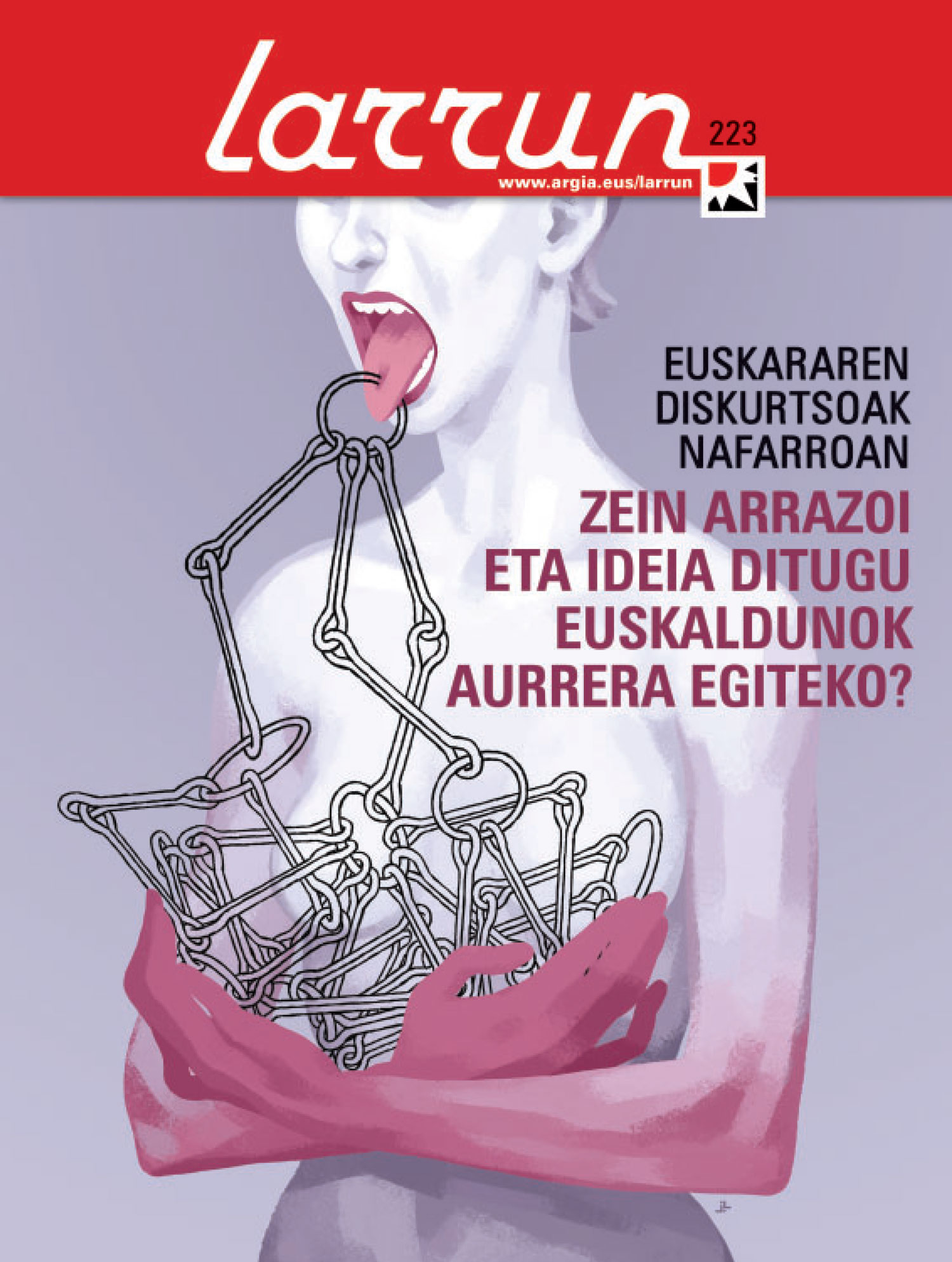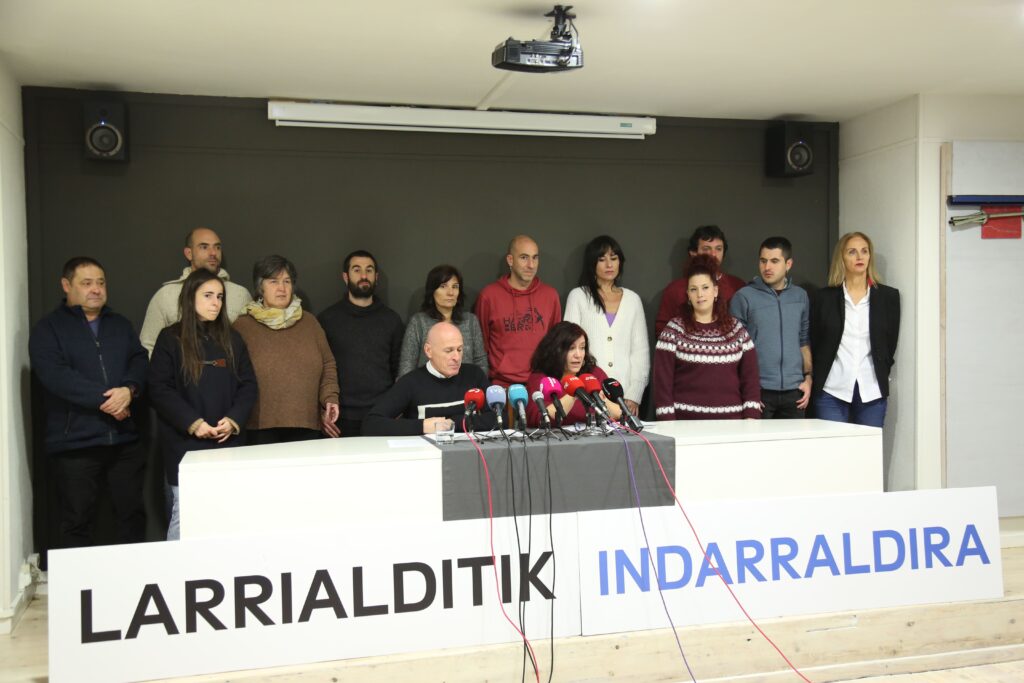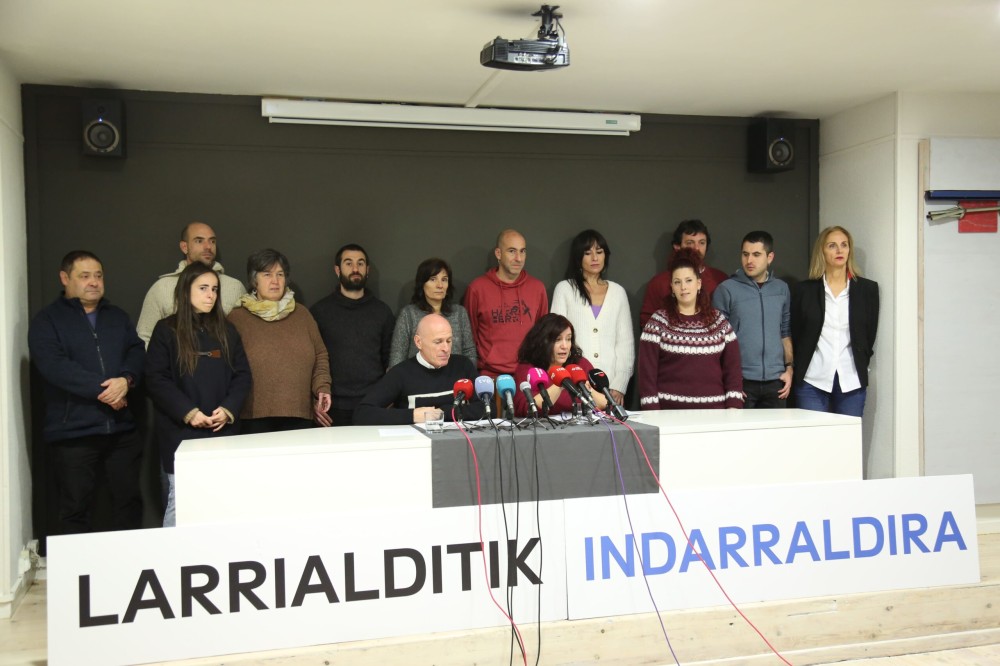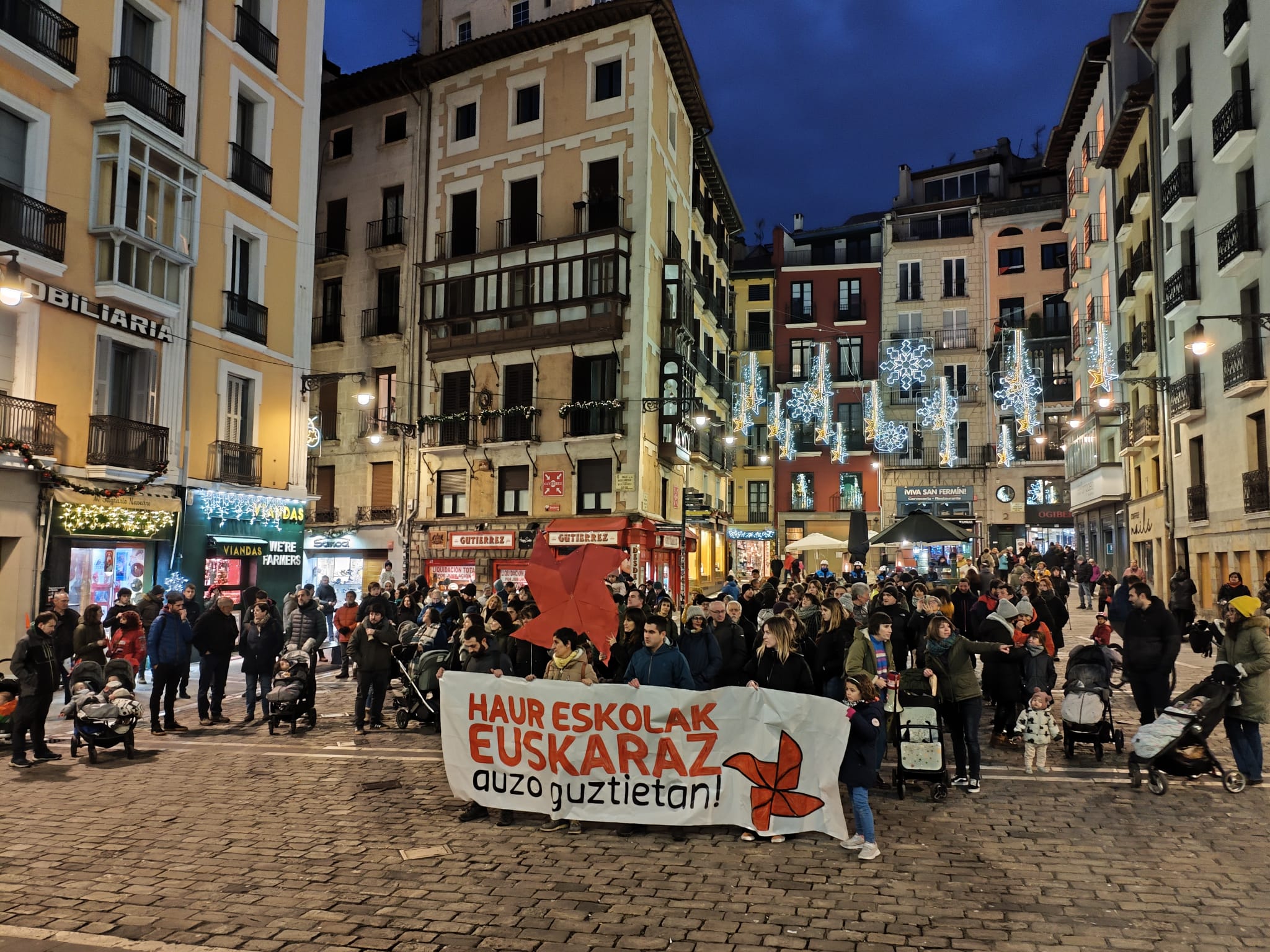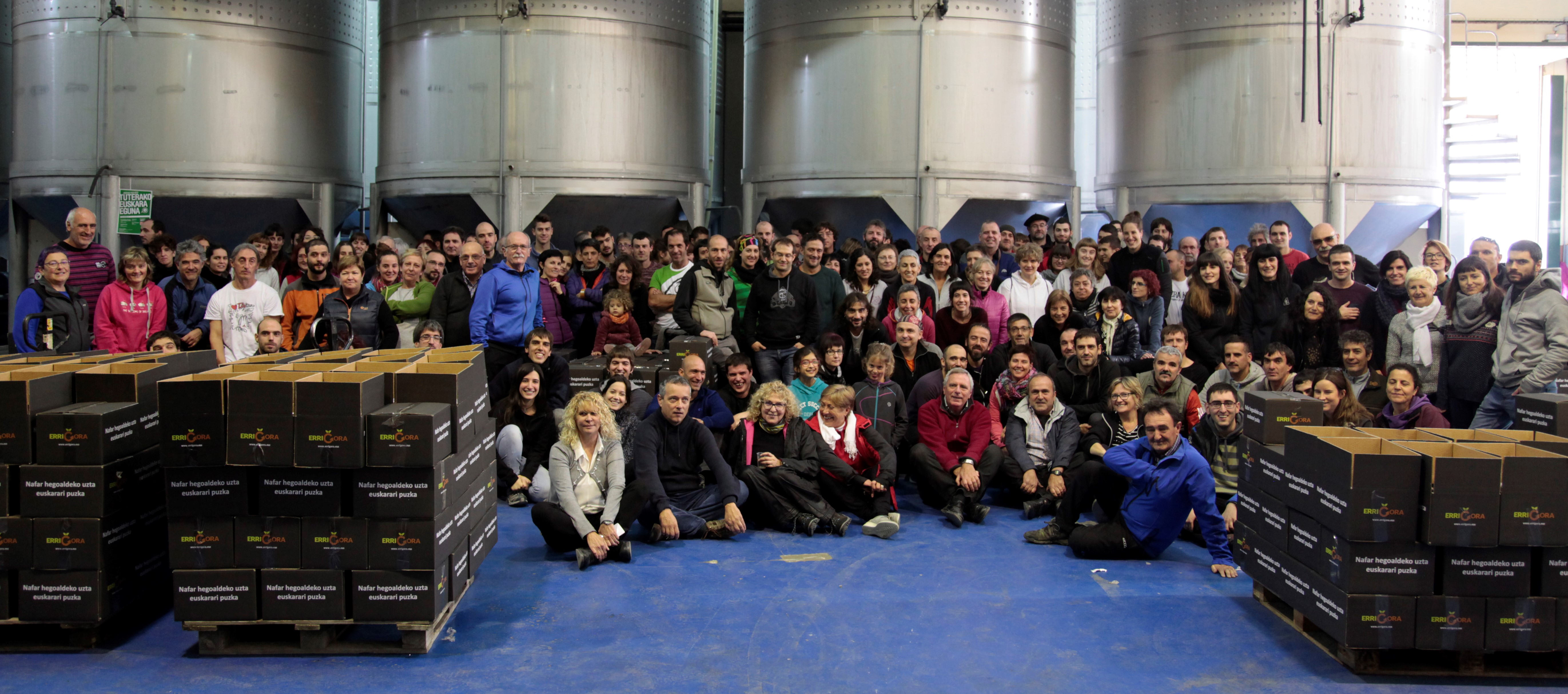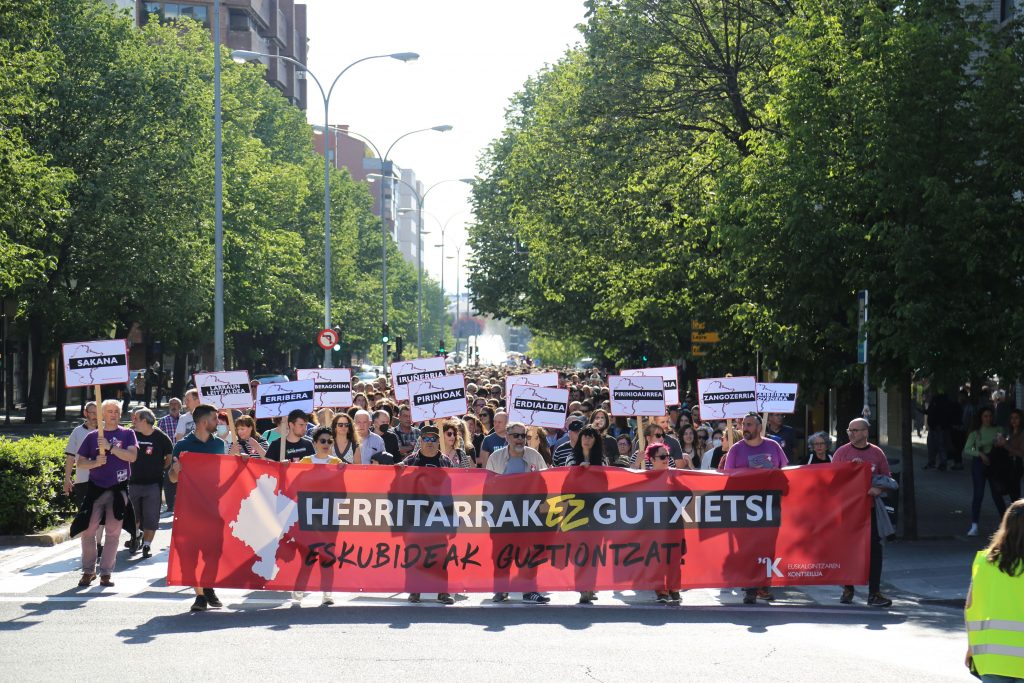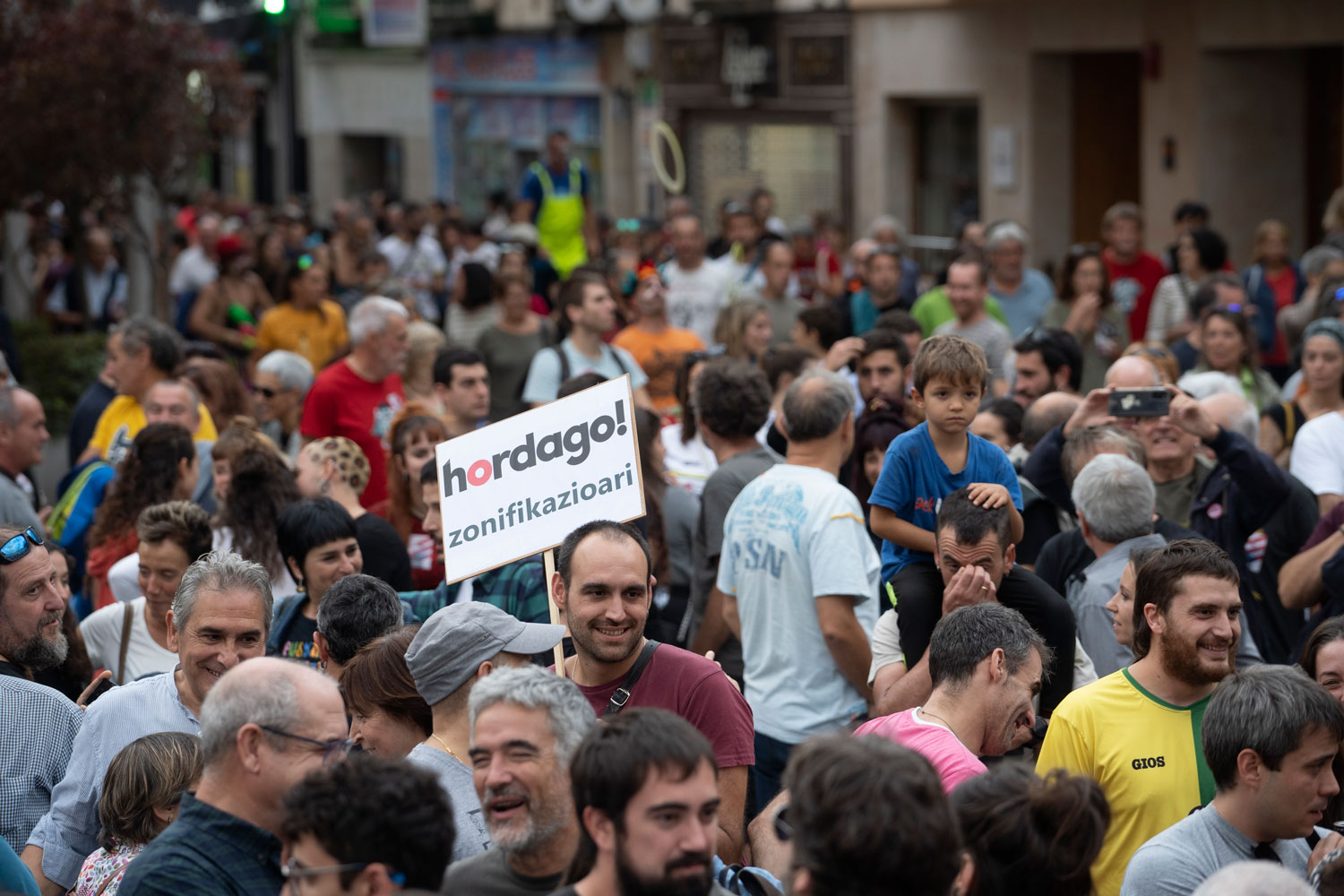Speeches without great speeches
- What is a speech? Do we always have to have a speech on any subject? Why do we make speeches and what for?
There was a time when a speech was nothing more than a series of words that someone threw in public, more or less clumsy, or more elegant, like a sermon, with oratory and rhetoric, among others.
Now there have also been other kinds of speeches, which I am interested in here: the more or less organised opinions we have on a given subject, which we must demand when it is appropriate.
About Euskera, for example.
We believe that a discourse is needed to show opinions and attitudes about Euskera, and above all, to materialize strategies in favor of Euskera.
We speakers build speeches about our own languages and those of others, generally comparing ours in the mirror of other languages. Due to linguistic diversity, it is difficult to imagine a possible situation in which speakers live without reflecting on their own language, without having any idea of any other.
On the other hand, it is clear who, where and when, has the greatest need for one or more speeches in favour of their language: the more certain it is that the speakers with their language – the safer they can use it for everything – the smaller the need for speeches.
The Euskaldunes, due to the great need for protection of the Basque Country, usually walk with spoiled speeches, almost always against the wind of the powerful languages of our environment, showing the red weakness that we drag as speakers.
Speeches often reflect our weaknesses, they denounce. This is the case, for example, when we tell young people to speak in Euskera, not to lose the Basque language, otherwise the Basque language is lost: without saying that the Basque language needs the Euskaldunes, and not us the Basque language. Inverted reality: we must play against – speakers in favour of language – where the normal, the natural, is for speakers to use language as a mere tool in their favour.
That is why I am concerned about speeches to defend language, because, even if they are necessary, these speeches can, without knowing, oppose what we want.
That is why I prefer the speeches that claim the will of the speakers – “I want to live in Basque” – than those who personify the Basque – because many of those who say they love the Basque are then exaggerated by the concrete use of the Basque language. I prefer the demands that arise strongly in a given situation, to the abstract demands of language.
We prefer small, varied and flexible speeches that take into account the conditions of the moment and the place to face the situation at each moment and in each place, to a unique, giant and rigid discourse.
And I prefer simple and effective initiatives that aim to transform reality without big speeches, that without needing to justify the use of language, put it directly into dance, where necessary. In our mouth.
Inma Errea is the head of the Basque Service of the City of Pamplona
The Navarra Federation of Municipalities and Councils was born with the objective of "protecting and promoting their shared interests and local autonomy". A Communication Officer will soon be selected who will have to master Spanish and Basque.
For the PSN-PSOE rejects it... [+]







